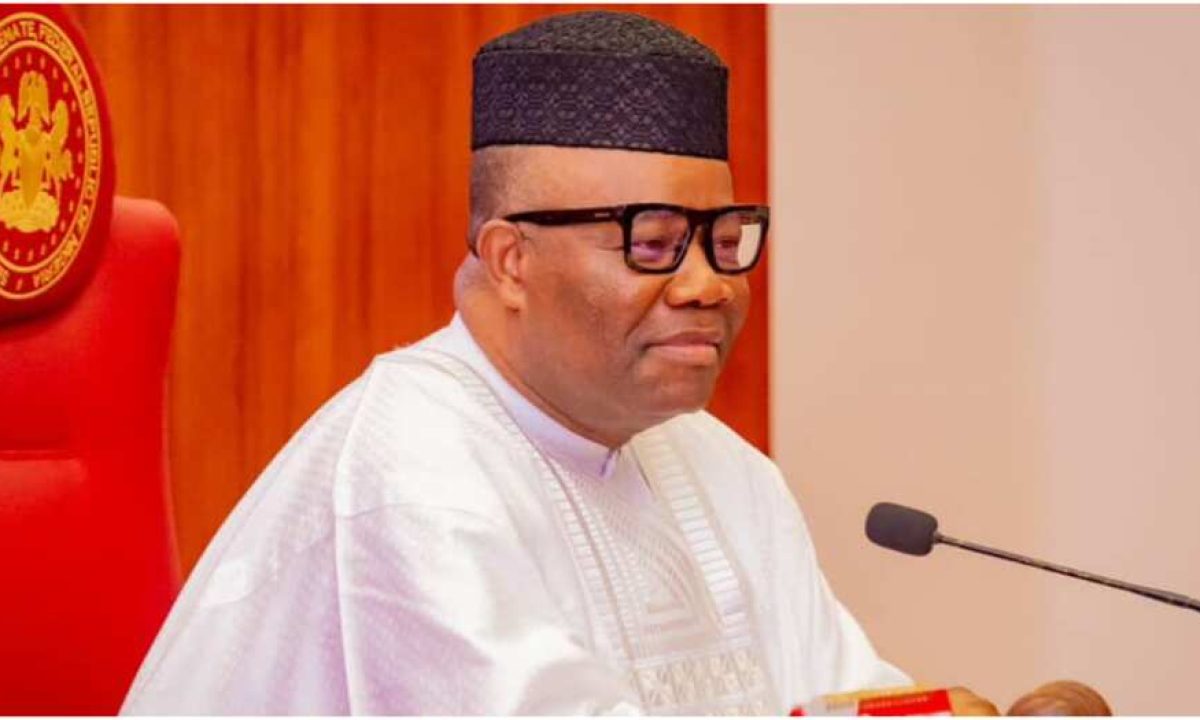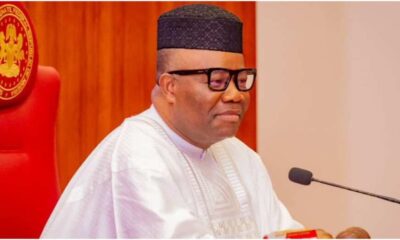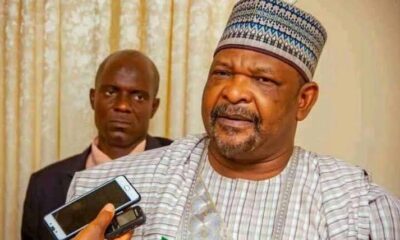The Senate has called on the Federal Government to enhance funding for the capital components of the national budgets, which are currently lagging behind.
This call was made during a session on Wednesday by the Chairman of the Senate Committee on Appropriation, Senator Solomon Adeola, who emphasized the importance of capital expenditure in showcasing the government’s performance and driving national development.
During the session, Senator Adeola expressed concerns over the inadequate funding of capital projects in the 2024 national budget.
He highlighted that only N1.84 billion out of the allocated N9 trillion capital expenditure had been utilized so far, a figure he described as “nothing to write home about.”
“It is the capital component of the budgets that will showcase this government largely in terms of performances,” Senator Adeola said. “The capital components tend to showcase various projects that will be executed by this government, and people can say the government is doing this, it’s doing that. That is why we are emphasizing the performance of the 2024 capital component of the project.”
The committee session featured appearances by the Minister of Finance and Coordinating Minister for the Economy, Wale Edun, and the Accountant-General of the Federation, Oluwatoyin Madein, who were invited to discuss the performance of the budgets.
Adeola urged the Finance Minister to engage more with the Ministries, Departments, and Agencies (MDAs) to ensure they are aware of the current funding arrangements and to accelerate the release of funds for capital projects.
The Senate also plans to organize a public hearing on the Nigerian National Petroleum Company Limited (NNPC), inviting stakeholders from the oil and gas sector, including the Finance Minister, to discuss the corporation’s financial operations and strategies.
Despite the challenges in funding capital projects, Adeola commended the Finance Minister for achieving 100% funding for the 2023 supplementary budget.
However, he stressed the need for consistent updates and periodic reports on the implementation levels of these projects to ensure transparency and accountability.
In response, Minister Edun acknowledged the Senate’s concerns and pledged to intensify efforts in monitoring revenue-generating agencies and improving the funding of capital projects.
He also provided updates on the Federal Government’s ongoing forensic investigation into the N30 trillion Ways and Means, aimed at scrutinizing past financial practices to enhance future fiscal responsibility.
Edun highlighted the challenges faced in the procurement of electric and Compressed Natural Gas (CNG) vehicles due to a spike in freight costs, but reassured that efforts were being made to address these issues.
“We are also interrogating the N22.7 trillion that we met on the ground. We instituted a forensic audit to see the impact. We are also interrogating the revenues that are due to us from everybody because we need to,” Edun said.
The Senate’s call for increased capital budget funding underscores the critical role of capital expenditure in national development, infrastructure improvement, and public service delivery.

 Education4 weeks ago
Education4 weeks ago


 News3 weeks ago
News3 weeks ago


 Business3 weeks ago
Business3 weeks ago


 Technology3 weeks ago
Technology3 weeks ago


 Investment4 weeks ago
Investment4 weeks ago
 Investment3 weeks ago
Investment3 weeks ago
 Telecommunications4 weeks ago
Telecommunications4 weeks ago


 Banking Sector3 weeks ago
Banking Sector3 weeks ago



















